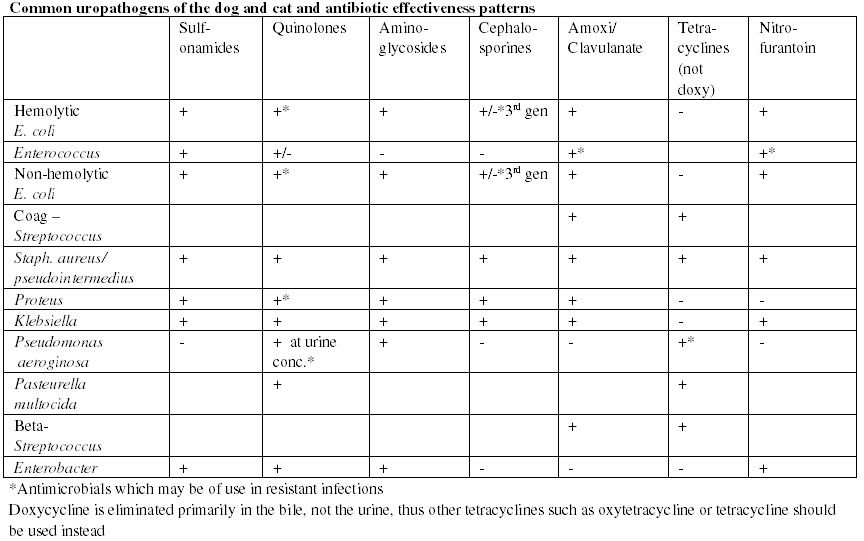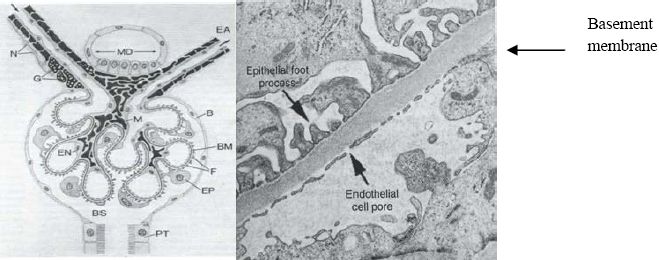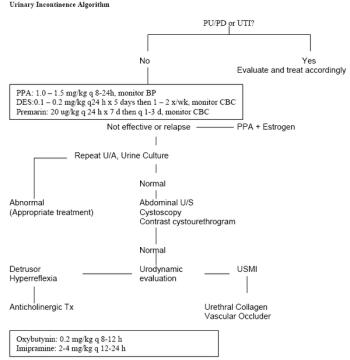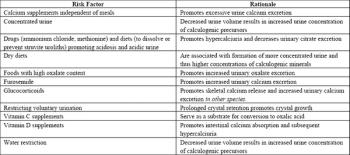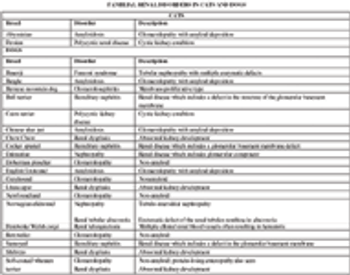
One of the simplest and most cost effective diagnostic tools is at our disposal every day in practice, however we often overlook it and the large amount of data that it provides us. Urinalysis, including fresh sediment examination, can provide additional important information that complements and enhances the diagnostic information we gain from other diagnostic modalities such as serum chemistry, CBC, and the all-important physical examination.

